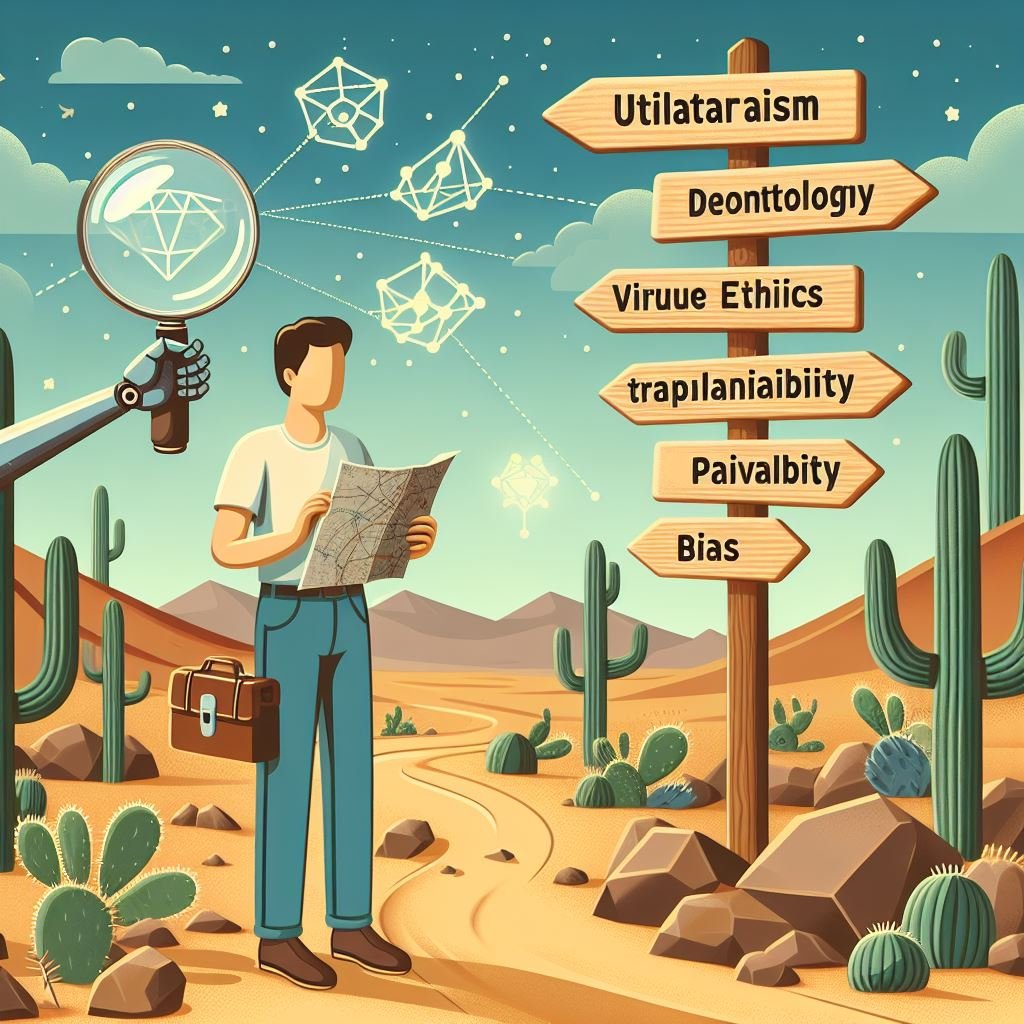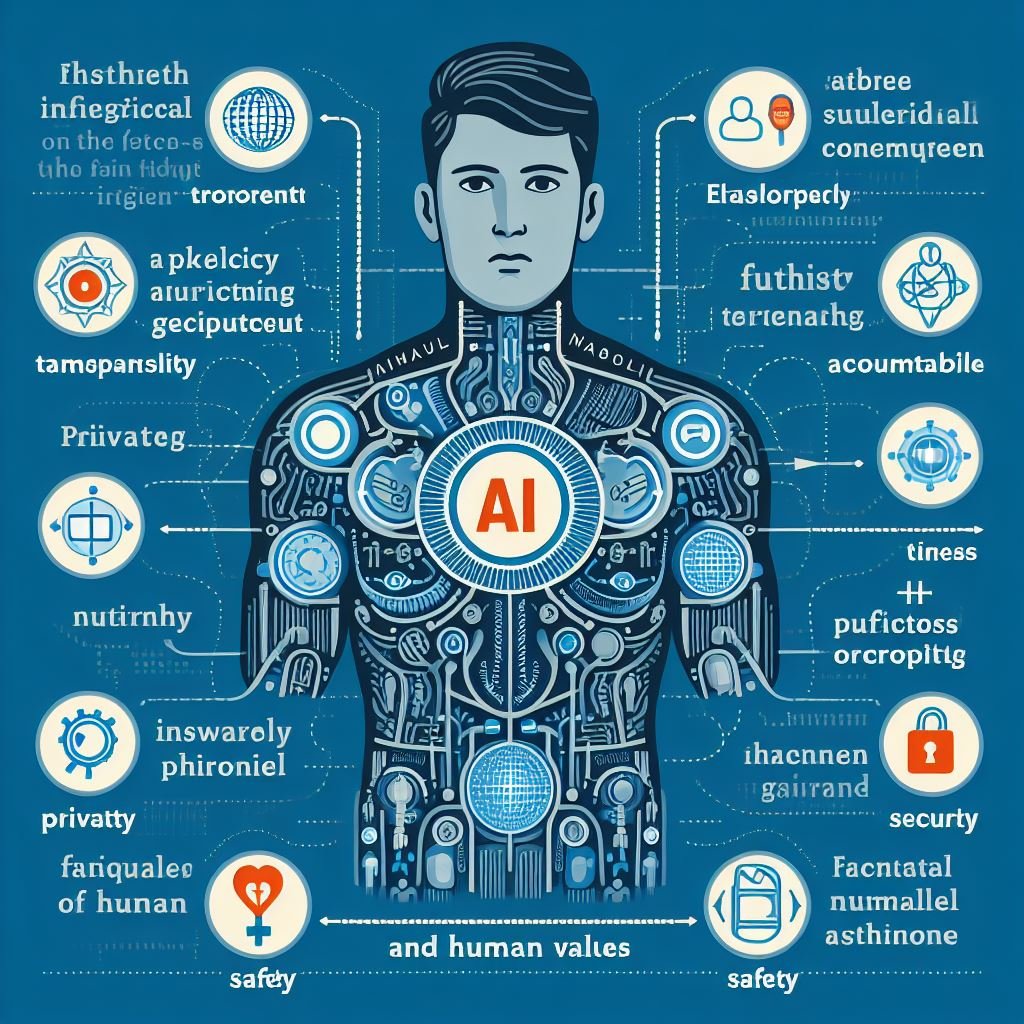Introduction to
In Ethics the rapidly evolving landscape of artificial intelligence, ethical considerations are paramount. AI encompasses the principles and guidelines that govern the responsible development and use of artificial intelligence technologies.
Key Principles of AI Ethics
AI built upon several fundamental principles, including transparency, accountability, fairness, and privacy. Developers and organizations engaging in AI initiatives must adhere to these principles to mitigate potential risks and promote ethical AI practices.
Challenges in AI Ethics Implementation
Implementing AI poses challenges, including bias in algorithms, the explainability of AI decisions, and navigating the ethical implications of AI in various industries. Addressing these challenges is crucial for building trust in AI systems.
The Role of Regulation in AI Ethics
Governments and regulatory bodies play a pivotal role in shaping the ethical landscape of AI. Understanding how regulations impact the development and deployment of AI technologies is essential for fostering a global framework that aligns with ethical standards.
Ethical Considerations in AI Research
AI research comes with ethical dilemmas, such as ensuring the well-being of research subjects, data privacy, and the responsible disclosure of findings. Ethical considerations in AI research contribute to building a foundation of trust and credibility.
AI Ethics in Industry Applications
From healthcare to finance, understanding the specific ethical challenges each sector faces is crucial for responsible AI integration.
Addressing Bias in AI Algorithms
One of the critical issues in AI is the presence of bias in algorithms. Developing methods to identify and eliminate bias is essential to ensure fair and unbiased outcomes in AI decision-making processes.
AI Ethics and Corporate Responsibility
Companies have a responsibility to prioritize AI in their operations. This involves creating ethical frameworks, providing employee training, and regularly auditing AI systems to ensure they align with ethical guidelines.
Public Perception of AI Ethics
Public perception of AI Ethics influences the adoption and acceptance of technologies. Understanding and addressing public concerns regarding privacy, job displacement, and other ethical considerations is vital for widespread AI acceptance.
The Future of AI Ethics
As AI continues to advance, the landscape will evolve. Anticipating future challenges and proactively addressing ethical considerations will be crucial for ensuring the responsible development and use of AI technologies.
Uses of AI
| Application | Ethical Considerations |
|---|---|
| Healthcare | Privacy, Patient Welfare |
| Autonomous Systems | Safety, Accountability |
| Finance | Fairness, Transparency |
| Criminal Justice | Bias, Accountability |
| Education | Equity, Privacy |
| Customer Service | Bias, Transparency |
Conclusion
In conclusion, prioritizing AI ethics is paramount. Striking a balance between innovation and responsible AI practices ensures a future where artificial intelligence benefits society ethically, avoiding unintended consequences and safeguarding human values.




